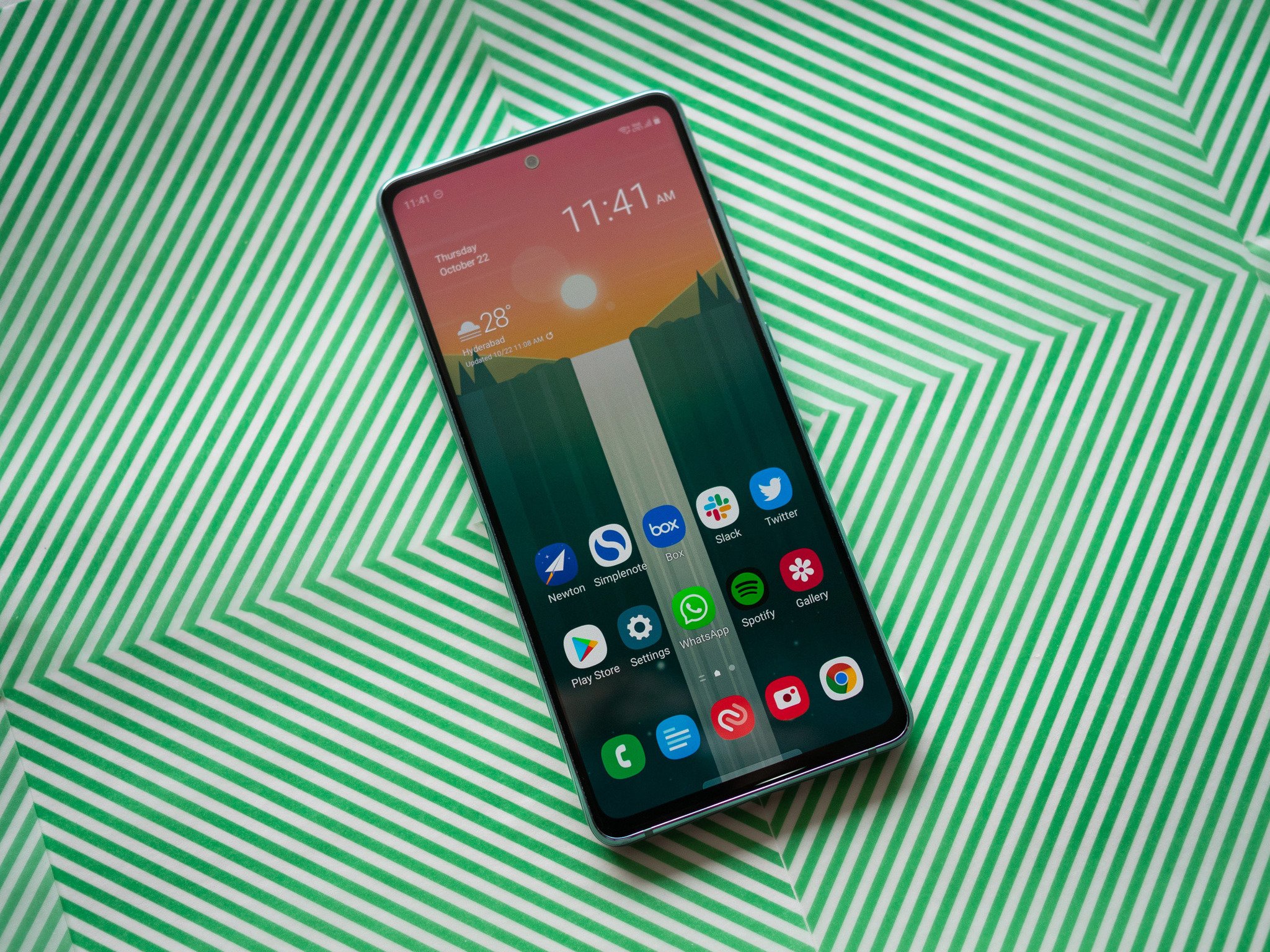Both the 4G-only and 5G versions of the value flagship have started receiving the update.
What you need to know
- Samsung has released the September 2021 security update for the Galaxy S20 FE.
- The update is currently rolling out to users in Brazil, Italy, and Switzerland.
- Samsung will likely begin pushing the September security patch to its other flagship devices within the next few days.
Samsung's Galaxy S20 FE has started receiving a new software update with the September 2021 Android security patch. As per reports from users on Reddit, the September security update appears to have started rolling out in three countries so far: Brazil, Italy, and Switzerland.
As can be seen in the screenshots below, the update weighs around 750MB in size (via Android Authority). Since security updates are usually under 200MB in size, it is possible that the September security update for the Galaxy S20 FE also brings the One UI 3.1.1 update.
Samsung introduced One UI 3.1.1 with the Galaxy Z Fold 3 and Galaxy Z Flip 3 earlier this month. It began rolling out to Samsung's best Android phones of 2021 last week and is slowly making its way to older Samsung flagships. Unlike One UI 3.1, however, One UI 3.1.1 doesn't come with too many new features. The only two notable additions include the ability to control your phone's performance with "Enhanced Processing" and a new Bedtime Mode toggle in the quick settings panel.
The update is expected to expand to more markets — including the U.S., within the next few weeks. While the Galaxy S20 FE is currently the only Samsung phone that is receiving the September 2021 Android security patch, more devices are likely to start getting the update before the end of this week.
Samsung Galaxy S20 FE
$700 at Samsung $550 at Amazon $700 at Best Buy
If you're in the market for an affordable flagship phone, Samsung's Galaxy S20 FE is still worth considering. The phone has a sturdy design, a brilliant 120Hz AMOLED screen, great cameras, and reliable battery life.
Source: androidcentral




